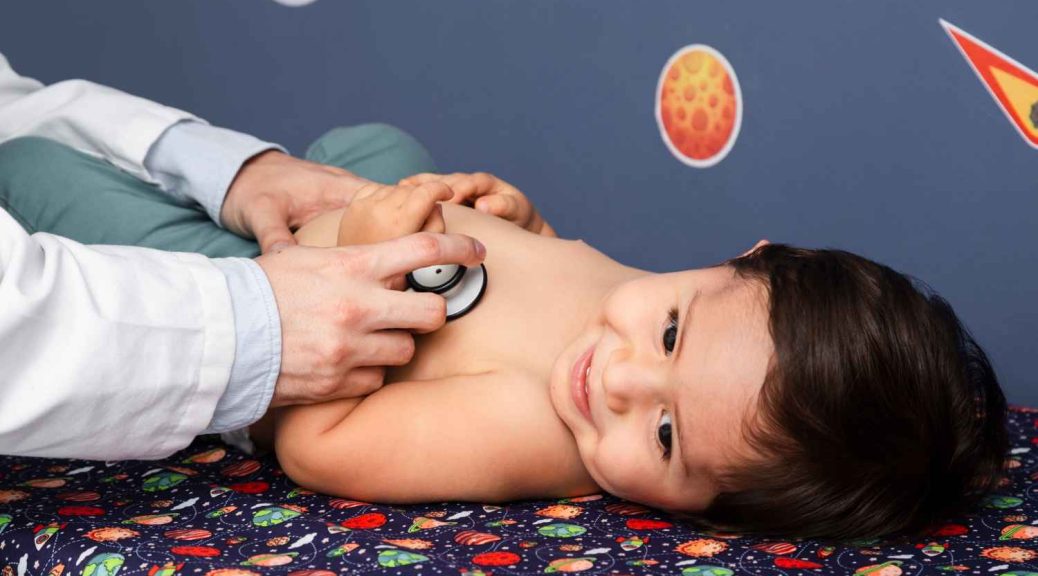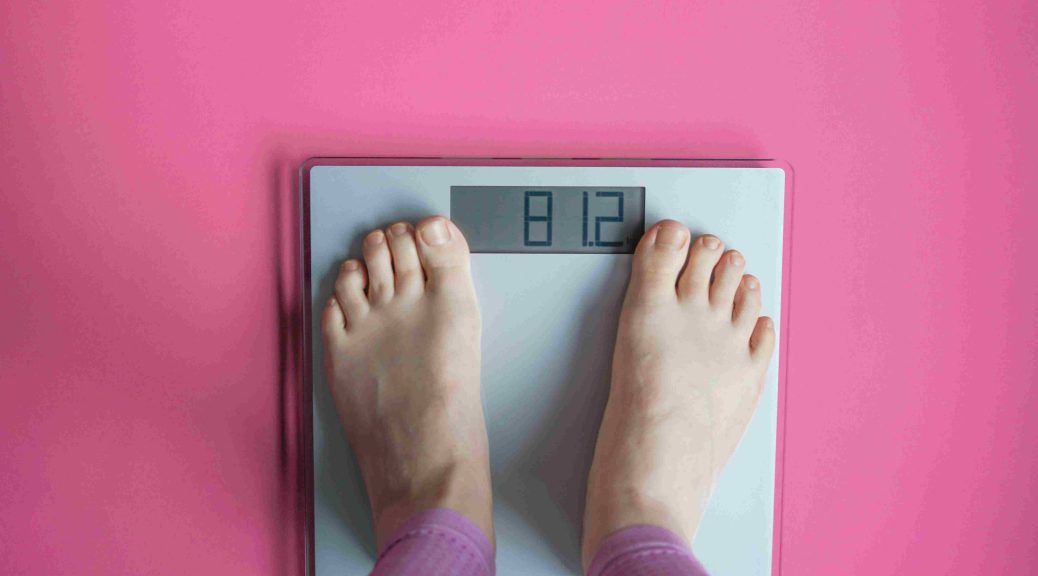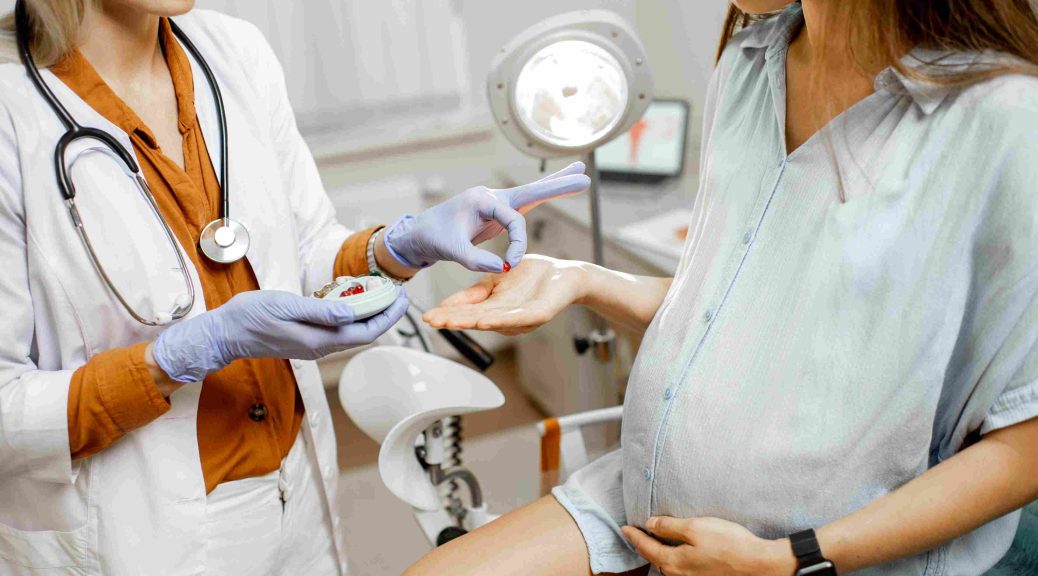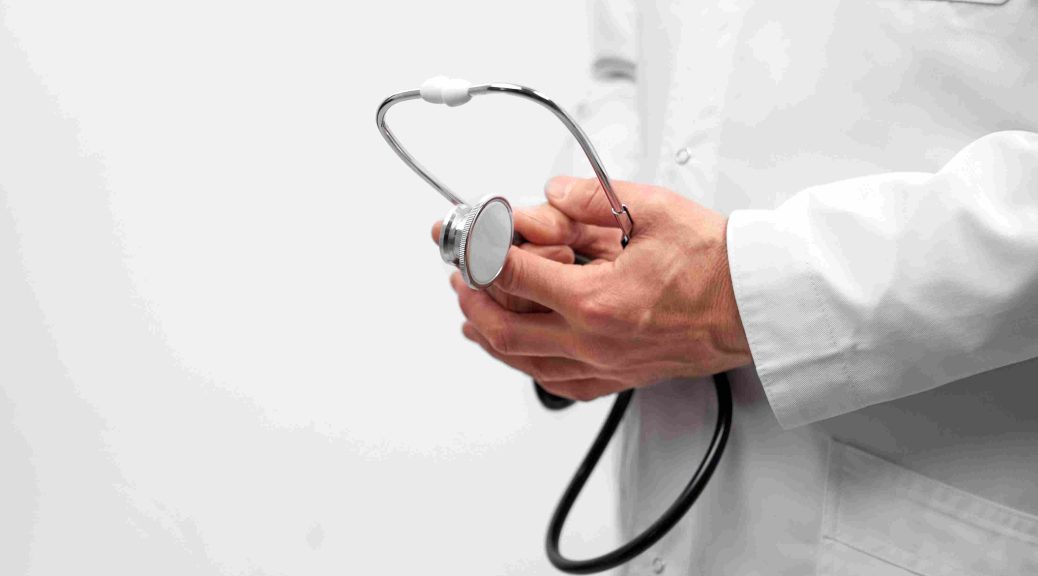Pediatric anesthesia is a medical process that is used when a child is going through a long surgical procedure. Now, you may ask what is an Anesthesia- it occurs to decrease the brain function in pain response while a patient goes through a surgical process. Anesthesia
Pediatric anesthesia is a specialized field of anesthesia that addresses the distinct requirements of child patients. Pediatric anesthesiologists are skilled in administering the appropriate dosage of anesthesia to infants and children, ensuring they undergo surgical procedures without experiencing pain or discomfort.
The specific needs of children make pediatric anesthesia more complex than standard anesthesia. Therefore, parents need to be informed about these differences to make well-informed decisions.
Common Types Of Anesthesia For Children
Various types of pediatric anesthesia are utilized by healthcare providers to cater to the specific needs of children. The choice of anesthesia is determined by factors like the child’s medical condition and the nature of the procedure.
- Local anesthesia: This type involves administering medication directly through injection near the surgical area. It’s commonly used for minor procedures to relieve pain in a specific body part without affecting the child’s consciousness.
- Regional anesthesia: Regional anesthesia numbs a larger area, such as an entire limb or the abdomen, by using nerve blockers injected near nerve clusters. It provides pain relief for the entire surgical site.
- General anesthesia: General anesthesia is employed to induce unconsciousness throughout the surgery. Children under general anesthesia are in a deep sleep state and are unable to feel pain or respond to stimuli.
Pediatric Anesthesiologist: What is the Role?
A pediatric anesthesiologist is a specialized medical professional trained to administer anesthesia to infants and children. Their expertise lies in ensuring that pediatric patients are comfortable and pain-free during medical procedures while prioritizing their safety. They are skilled in diagnosing any underlying health issues that may impact the anesthesia process and are adept at customizing anesthesia plans for each child.
Their knowledge encompasses airway management, drug response, alleviating anxiety, and closely monitoring the patient’s well-being throughout the procedure.
How to Prepare Your Child for Pediatric Anesthesiology?
Ensuring your child is ready for both anesthesia and surgery is crucial. As a parent, meeting with the pediatric anesthesiologist beforehand to address any health concerns and clarify doubts is important. When preparing your child for Pediatric Anesthesiology, it’s vital to explain inappropriate language and ensure they understand the doctor’s instructions regarding fasting and medication before the procedure. It’s also essential to answer their questions truthfully and fully without causing unnecessary fear.
What are the Common Pediatric Surgeries Requiring Anesthesia
Anesthesia is crucial for ensuring the safety and comfort of pediatric patients undergoing various surgical procedures. It helps manage pain and allows the medical team to perform necessary interventions without causing discomfort to the child. Below are some common pediatric surgeries that typically necessitate the administration of anesthesia.
- Appendicitis
- Intussusception
- Hepatobiliary
- Hydrocephalus
- Hernia repair
- Reconstructive urology
- Hypospadias repair
Choosing A Pediatric Anesthesiologist: Pediatricians in Salt Lake
Selecting a skilled pediatric anesthesiologist is crucial since they administer anesthesia to children. A competent pediatric anesthesiologist can cater to each child’s specific requirements, delivering optimal care based on factors like age, condition, and size. Here are several aspects to contemplate when picking a pediatric anesthesiologist.
On this note, if you are looking for an experienced and world-class pediatric anesthesiologist, you can visit ILS Hospital, Salt Lake for pediatricians in Salt Lake.
Final Words
Pediatric anesthesiology plays a crucial role in ensuring the comfort, safety, and well-being of children undergoing surgical procedures. Choosing a proficient pediatric anesthesiologist who can tailor anesthesia care to meet the unique needs of each child is paramount.
Their expertise in administering anesthesia and managing the perioperative period contributes significantly to positive surgical outcomes and minimizes potential risks. By prioritizing the selection of a skilled pediatric anesthesiologist, parents and caregivers can rest assured knowing that their child is in capable hands throughout the surgical experience.
FAQs(Frequently Asked Questions):-
Before going to visit Pediatricians in Salt Lake, let’s read on what are the common questions that you should know about Pediatric Anesthesiology.
Q1. What Is The Youngest Age For Anesthesia?
There is no minimum age requirement for anesthesia. Newborns and even premature babies can receive anesthesia if needed. However, there are some things to consider, especially for elective surgeries.
Recent research suggests that there may be a connection between repeated or lengthy anesthesia exposure in children under 3 and learning or behavioral problems.
Q2. Is Pediatric Anesthesia Safe?
Anesthesia is typically quite safe, and the majority of children experience no complications. Some studies suggest that administering general anesthesia or prolonged sedation to children under three years old might impact brain development.
However, recent findings offer reassurance, though long-term studies are ongoing to explore this further.
Q3. What is The Strongest Anesthesia?
General anesthesia is the strongest type of anesthesia, inducing unconsciousness in patients during surgical procedures. It’s usually delivered via a mask or intravenously and is employed for intricate, lengthy surgeries like hip replacements.



















